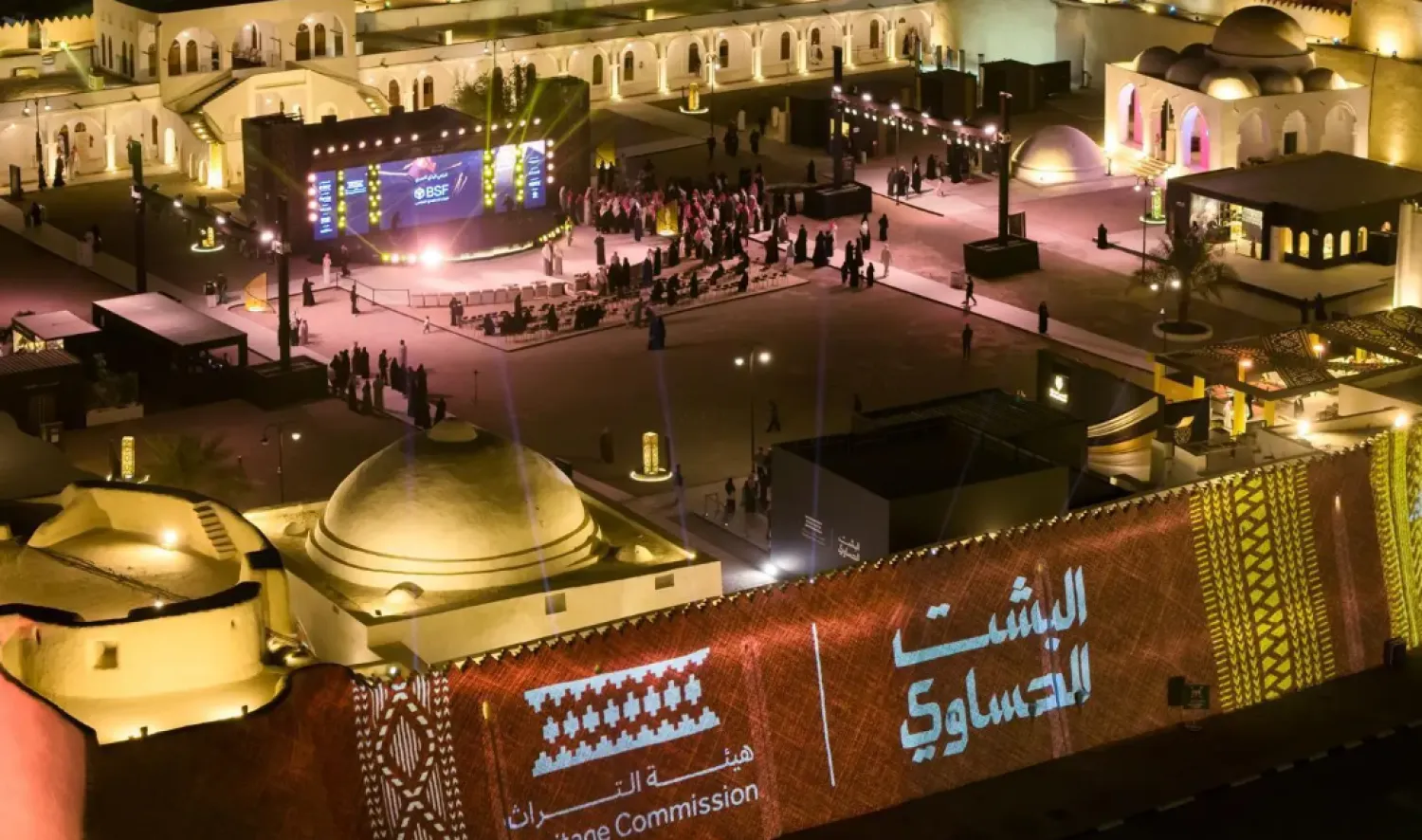The Egyptian parliament has taken new measures to confront the online sale of antiquities through social networking sites, based on a request submitted by a deputy who called for “decisive steps” to confront this phenomenon.
In his request, MP Hisham Hussein renewed warnings about the spread of websites selling antiquities on the Internet, saying that while some of these accounts offered fake items, others displayed genuine artifacts, including royal tombstones and coins.
Antiquities expert Dr. Abdel Rahim Rayhan, member of the Supreme Council of Culture, History and Antiquities Committee and head of the Campaign to Defend Egyptian Civilization, confirmed that the pieces offered for sale in public auctions or online sites have spread greatly since the January 2011 uprising, as a result of illegal excavation.
In remarks to Asharq Al-Awsat, he said: “Due to the huge amount of antiquities that have been secretly removed from excavations, websites that openly sell antiquities have spread.”
Rayhan stressed the need for an immediate intervention by the security authorities to monitor and track down the suspicious networks, who he said were linked to external gangs run by archaeologists, legal experts and marketing specialists and promote the sale and smuggling of antiquities.
Meanwhile, the Ministry of Interior announced the seizure of several artifacts from individuals, as well as the arrest of a number of people selling archeological items through online platforms.
Antiquities Protection Law No. 117 of 1983 and its amendments regulate the work of archaeological excavations above ground, underground, and in Egyptian internal and territorial waters, under the Supreme Council of Antiquities.
Rayhan stressed the need to take decisive measures to tighten control over online sales and track down the illegal merchants, including individuals collaborating with foreign networks, and to amend the Antiquities Protection Law to consider the crime of secret excavation as high treason.
UNESCO issued a report in 2020 saying that the antiquities trade is valued at about USD 10 billion every year, while art and antiquities are the third largest black market in the world after drugs and weapons.









